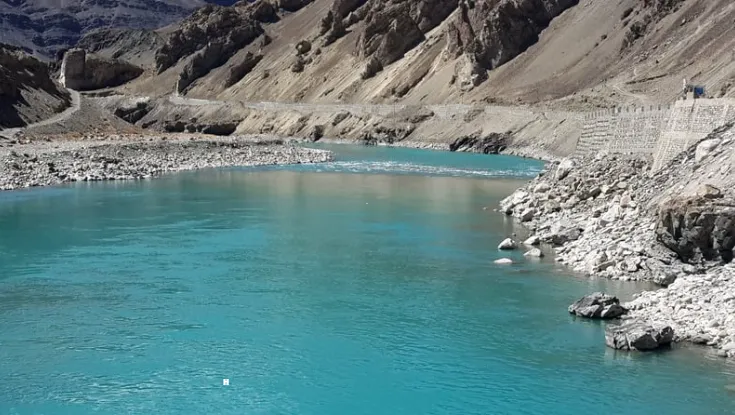Senior
- Messages
- 565
- Reactions
- 73
- Points
- 28
Terrorists Unwittingly Push Pakistan into a Water Crisis
Without firing a shot, India’s Modi has cornered Pakistan. The terror planners in Islamabad never imagined India would reconsider the Indus Waters Treaty (IWT), which grants Pakistan 80% of its agricultural water from the western rivers—Indus, Jhelum, and Chenab. While India lacks the infrastructure to permanently block these rivers, it can temporarily disrupt the flow of the Chenab and Jhelum—especially during the agriculture growing season—crippling Pakistan’s crop output.
India’s run-of-the-river dams on Chenab and Jhelum, built under IWT for hydroelectricity, include storage reservoirs. By using maintenance protocols like sediment flushing, India can legally pause water flow or release excess water to flood fields—each move capable of damaging Pakistan’s agriculture.
Currently, there’s no means to disrupt the Indus itself, but within 5–10 years, that capability will exist. Then, Pakistan’s agricultural heartland will be vulnerable to India’s timing and tactics.
This is a strategic masterstroke. Decades of nuclear posturing by Pakistan are irrelevant in the face of this water-based leverage. Despite threats and pleas, India is now the one not listening—flipping the script on Pakistan’s long-standing provocations.
Without firing a shot, India’s Modi has cornered Pakistan. The terror planners in Islamabad never imagined India would reconsider the Indus Waters Treaty (IWT), which grants Pakistan 80% of its agricultural water from the western rivers—Indus, Jhelum, and Chenab. While India lacks the infrastructure to permanently block these rivers, it can temporarily disrupt the flow of the Chenab and Jhelum—especially during the agriculture growing season—crippling Pakistan’s crop output.
India’s run-of-the-river dams on Chenab and Jhelum, built under IWT for hydroelectricity, include storage reservoirs. By using maintenance protocols like sediment flushing, India can legally pause water flow or release excess water to flood fields—each move capable of damaging Pakistan’s agriculture.
Currently, there’s no means to disrupt the Indus itself, but within 5–10 years, that capability will exist. Then, Pakistan’s agricultural heartland will be vulnerable to India’s timing and tactics.
This is a strategic masterstroke. Decades of nuclear posturing by Pakistan are irrelevant in the face of this water-based leverage. Despite threats and pleas, India is now the one not listening—flipping the script on Pakistan’s long-standing provocations.


